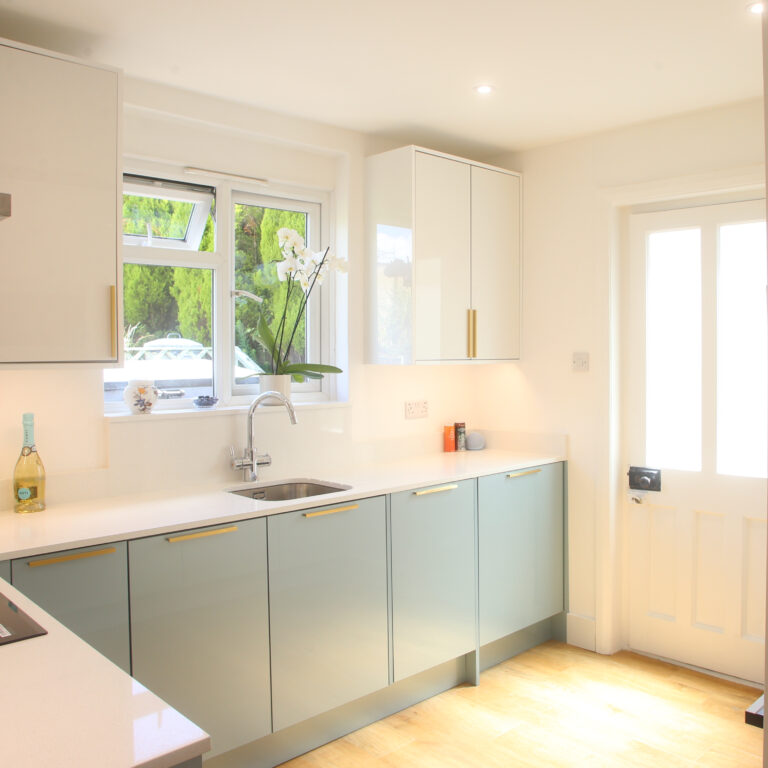
Helping you choose between light or dark worktops.

Request a free quote today and be one step closer to your dream kitchen
Get 25% off all kitchen worktops. Hurry, our offer ends soon

Request a free quote today and be one step closer to your dream kitchen
Get 25% off all kitchen worktops. Hurry, our offer ends soon

Request a free quote today and be one step closer to your dream kitchen
Get 25% off all kitchen worktops. Hurry, our offer ends soon
See how our customers transformed their kitchens. Browse testimonials and completed projects for ideas on colours, layouts, and finishes to inspire your own space.
Request a free quote today and be one
step closer to your dream kitchen.
